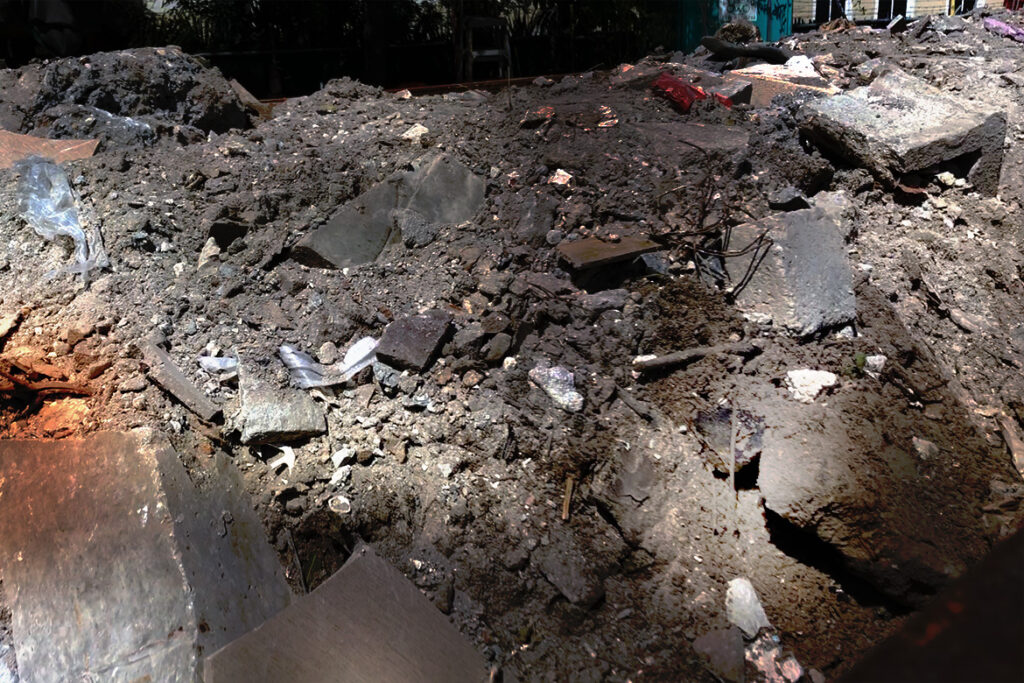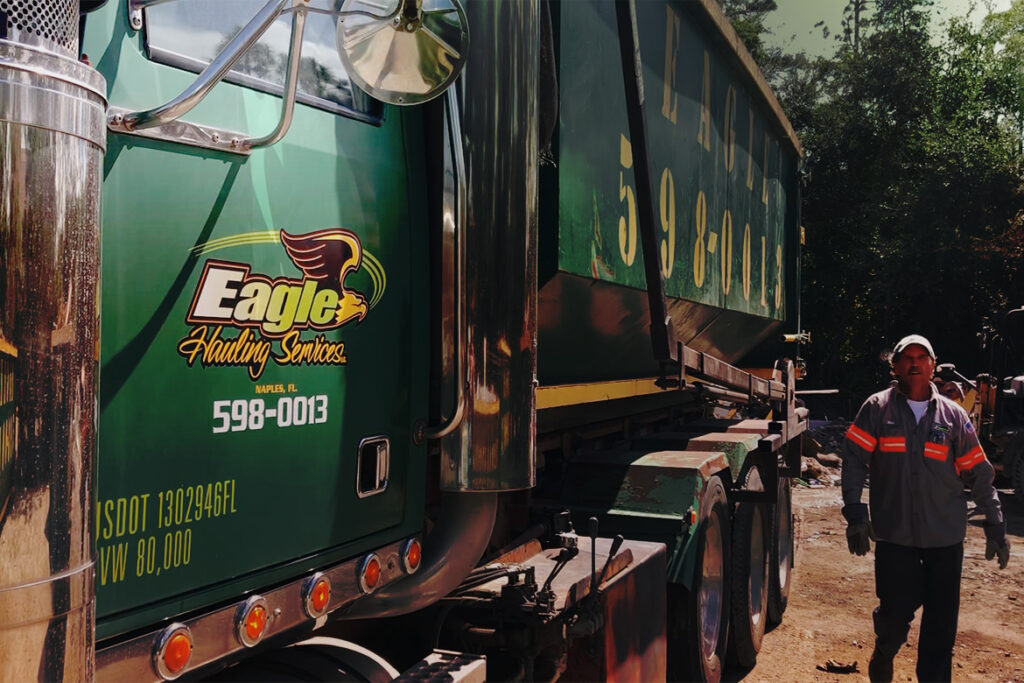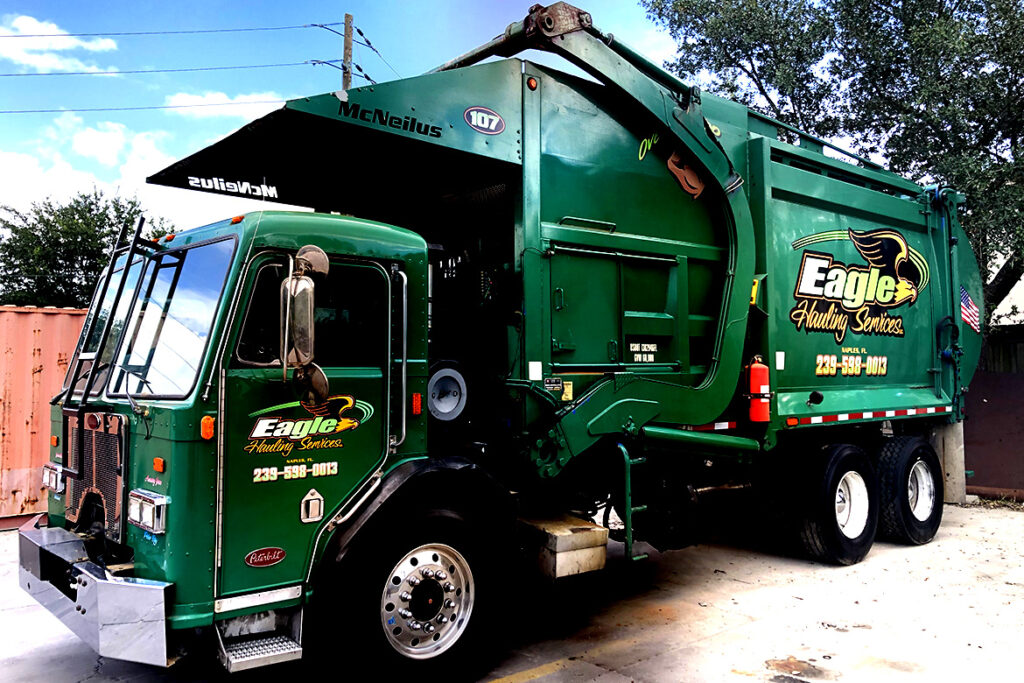Eagle Hauling Services prides itself on doing the right thing as an organization by establishing an efficient supply chain within the construction waste management sector. We do this with the environment in mind.
Our approach is to optimize the routes so that the materials get to the correct facilities that are responsible for reducing the recyclable waste, which is between 50% – 65%. In other words, the trucks are making better turns, logistically.
Some time ago it used to be that the construction debris waste was just taken to a landfill. Now with this new system of what we do with the materials, Eagle Hauling Services can provide a greener service to Collier and Lee Counties. We play our part in helping the environment with our process of saving energy and efficiency, thus contributing to the community, in reducing our carbon footprint.
Our approach is to optimize the routes so that the materials get to the correct facilities that are responsible for reducing the recyclable waste, which is between 50% – 65%. In other words, the trucks are making better turns, logistically.
Some time ago it used to be that the construction debris waste was just taken to a landfill. Now with this new system of what we do with the materials, Eagle Hauling Services can provide a greener service to Collier and Lee Counties. We play our part in helping the environment with our process of saving energy and efficiency, thus contributing to the community, in reducing our carbon footprint.

What is your Waste Management Plan? Is there someone in your organization responsible for managing recycling and waste? We’re here to help, give us a call to establish an effective waste management plan today!



